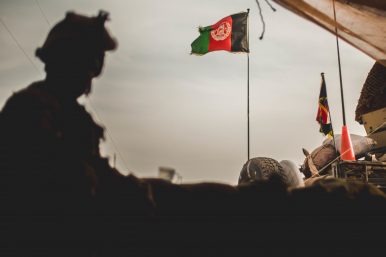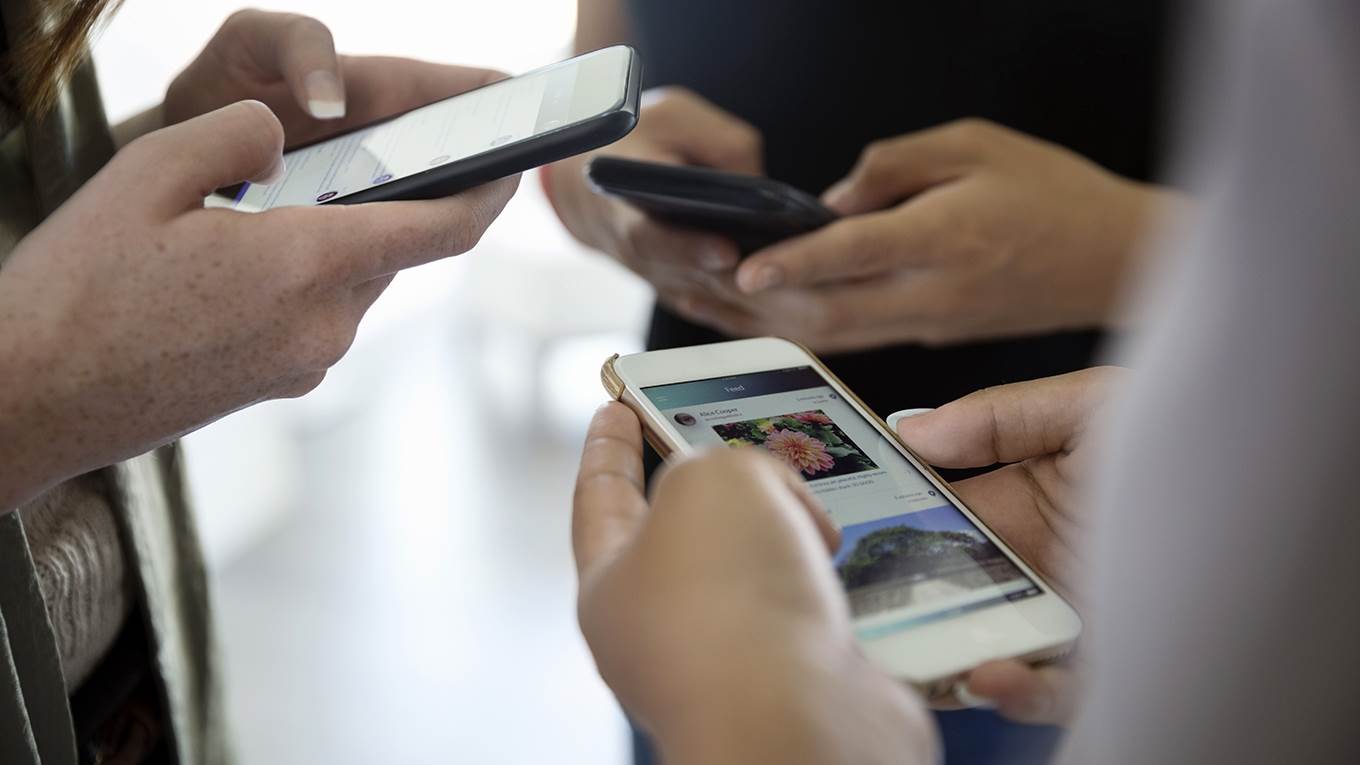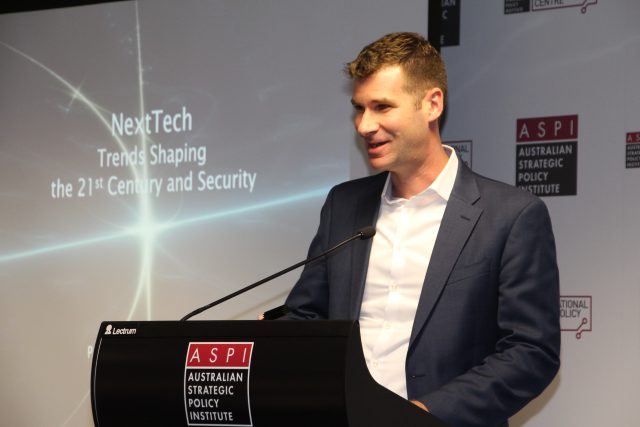Shishir Gupta
 DRDO’s powers have been enhanced by the government for sanctioning projects and competitive procurement to Rs 150 crore from the existing Rs 75 crore. The Narendra Modi government has taken its first steps towards restructuring and revamping the Defence Research and Development Organisation (DRDO) by reviving the defunct DRDO Science and Technology Management Council (DSTMC) under the chairmanship of principal scientific advisor K Vijayraghavan and doubling the financial powers of the secretary, DRDO, to Rs 150 crore. According to a July 3 notification accessed by Hindustan Times, the reconstituted DSTMC is a high-profile body that will chart the future of DRDO laboratories in synergy with the science and technology department.
DRDO’s powers have been enhanced by the government for sanctioning projects and competitive procurement to Rs 150 crore from the existing Rs 75 crore. The Narendra Modi government has taken its first steps towards restructuring and revamping the Defence Research and Development Organisation (DRDO) by reviving the defunct DRDO Science and Technology Management Council (DSTMC) under the chairmanship of principal scientific advisor K Vijayraghavan and doubling the financial powers of the secretary, DRDO, to Rs 150 crore. According to a July 3 notification accessed by Hindustan Times, the reconstituted DSTMC is a high-profile body that will chart the future of DRDO laboratories in synergy with the science and technology department.









